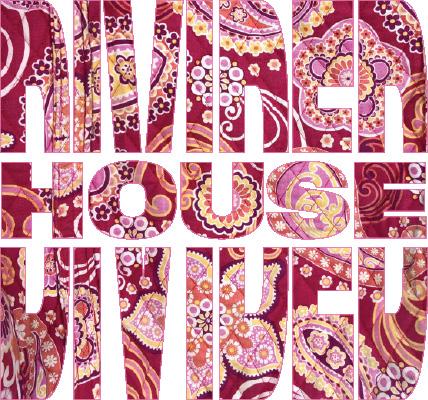
4 minute read
House Divided, lexi fernandez
Though it is not an unusual circumstance, the impact of divorce takes a hefty toll on children and their parents.
Iwas raised in an environment where having divorced parents was more normalized than having married ones. Just about every last one of my grade school friends spent Monday through Thursday with Mom, and they would gather their belongings to visit Dad every other weekend. Toward the start of my senior year, I distinctly remember one Friday evening when my friends and I were painting signs for the Homecoming football game. One of them had to press pause to pack that duffle we knew all too well to bring their belongings from their father’s house to spend the weekend with their mother. Our other friend laughed and said, “Getting the Divorce Duffle is, like, a rite of passage when your Mom and Dad split,” the other girls agreed, endless laughter sounding throughout the car. “Like, on the first Christmas after the break-up, your Dad can’t figure out what to get you, so, boom. Enter the Divorce Duffle. They’re usually Vera Bradley.” The laughter among my friends was genuine; however, my mind could not help but wander elsewhere. I remembered the moments in which I held those same friends in a strong embrace as they grieved over the pain of their parents’ separation. I remembered the occasions when they complained about their parents at our favorite lunch table. I remembered the hurt and uncertainty they felt as they navigated such an unfamiliar, unpredictable path between their parents. We all know someone who has endured emotional distress that is far too familiar to many as they witnessed the loss of love that was once unbreakable, separating the two most trusted people in their lives. Such a situation turns a child’s world upside-down, splitting it into two households in the process. Every experience is forever divided. Even though many firmly believe that children of divorced parents bounce back quickly and can transition into adulthood without difficulty, such a strenuous experience has the potential to impact a child’s future relationships. Trust issues, fears of commitment, and emotional isolation may surface during their partnerships; however, mirroring the behaviors they witnessed during their parents’ separation should not come as a shock, for most children subconsciously follow in their parents’ footsteps. More often than not, an unhealthy image of what a romantic relationship should be develops, resulting in struggles throughout adulthood. Children are products of their environment; they learn by watching those around them and mimicking the examples presented to them at an early age. Typically, a family is viewed as something unbreakable. It is the foundation of support and unconditional love for both children and their parents. To suffer a loss of such a deep connection built upon trust and respect is devastating. A handful of my closest friends’ parents separated when we were older and more mature. With maturity comes increased awareness, increased empathy, for better or for worse. Witnessing the parents’ struggle was just as heartbreaking as that of their children, my best friends; there is no winning in a divided household. Parents, the radiant figures in most children’s lives, turned to unhealthy coping mechanisms to suppress their struggles. It is easier to place the blame entirely on the parents. Still, we must recognize that they are encountering an entirely different life, dulled by loss and grief similar yet separate from the whirlwind of emotions their children face. Putting on a brave face for their children quickly results in burying years’ worth of suppressed emotions below the surface, ignoring them and hoping they will go away. The potential for disagreements and conflict increases with divorce, and it is mainly seen in custody agreements. In most cases, the children will spend the majority of their time with one parent, and the other will have a significantly less prominent role in their lives. This puts both a physical and an emotional distance between the children and said parent; to go from being an integral person in each other’s lives to only seeing one another every few weeks creates a barrier, a divide, between the parent and their child. The love between a parent and his or her children is of significant value. Although the separation of a household may place strain on relationships within the family, it can encourage the parents to do their best and be a role model for their children.. Some of the most remarkable people I have met come from a separated household. I have known parents who fought tirelessly for their children’s wellbeing following a divorce. Despite the complex nature of their situation, they have flourished. I have watched them vow to be the best parent they can possibly be. I have seen them thrive, proving that learning from their mistakes is possible. Some of the strongest individuals I have come across have felt the impact of their parent’s divorce. They continuously lend a hand to others without question. I have seen them succeed in all that they do as they approach life with a shining smile and an open mind. Even though divorce was widespread in the environment in which I was raised, both the parents and the children exhibited resilience. Mistakes will be made, and obstacles will be faced as a family works through a divorce; however, I have seen proof that good can come of it. Those girls I mentioned previously are some of the greatest friends I have ever come to know. I had their back through the trials and tribulations of their parents’ separation and watched as they became the empowered young women they are today. The adversity faced as a result of a divided household is taxing for anyone involved, there is no arguing that. Divorce causes shock and heartache, but there is always a chance for unconditional love to prevail, even in two separate households.









